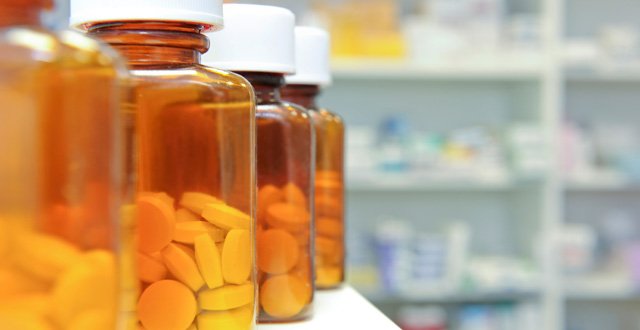
The placebo effect remains an ‘incontrovertible part’ of what clinicians see on a daily basis and medicine should seek to understand why, according to Dr Paddy Barrett
Be it immunotherapy, CRISPR gene editing or the Apple Watch ECG, there is little doubt we are firmly in the realm of a technology-based medical future. Thankfully, this medical future is largely evidence-based and founded on sound science: No witchcraft or snake-oil salesmen here. Or maybe that’s what we think, and a large part of what we still do today is influencing patient care in ways not too different from the faith healers of the past.
So
what is the common thread that links today’s physicians with these historical
healers?
The
placebo effect.
Let me
explain.
We
have all encountered the patient who genuinely feels better after a simple
conversation; no medications were prescribed, yet patient benefit was genuinely
achieved. What is less obvious is the role of such an effect when the medical
intervention was somewhat more substantial, as in the case of a reduction in
knee pain after a sham arthroscopy procedure.
Now, I
am not stating that all medical interventions, be they verbal, pharmacological
or surgical, exert their influence solely via the placebo effect. But what is
clear is that separating that effect from the medically-expected outcome is
something as a community we continue to struggle with. So, if the placebo
effect is an appreciable part of what we do as clinicians, are we very
different to the ‘charlatan healers’ of the past?
Clearly,
the answer is yes, and the reason lies in the evidence-based intent by which we
approach each medical encounter. Yet the placebo effect remains an
incontrovertible part of what we do on a daily basis, and we still don’t know
how to appropriately factor it into clinical care or how to consider its role.
The
word ‘placebo’ comes from the Latin ‘I shall please’, again a nod to our
historical brethren who had little by way of genuine treatments to offer and
simply gave their patients ‘something’ in an effort to please. And often it
did.
Why it
often ‘did please’ speaks in part as to the explanation of how the placebo
effect might work. Reasoning as to why the placebo effect may exist includes
concepts such as regression to the mean, an idea that implies that most
phenomena have a natural fluctuation, so many of these occurrences are likely
to improve anyway, irrespective of any preceding intervention.
Second
is the expectancy effect, where when you think you are going to change, ie,
improve, you do.
Clearly,
there has to be a biological basis for these changes. Theories tend to focus on
the release of endogenous cannabinoids or opioids, but in reality, our
scientific understanding of the placebo effect is poor.
The
placebo effect’s history is likely as old as ‘healing’ itself. One of the first
official descriptions was by the Catholic Church, as far back as the 16th
Century, in their testing of fake relics in the use of exorcisms on those they
believed were feigning being possessed. They only used the ‘real relics’ for
genuine cases of satanic possession. It wasn’t until around the time of World
War II that the placebo effect was officially recognised and introduced into
clinical trial testing. There have been countless studies investigating the
role of placebo effect, ranging from its impact on mood, to chronic pain and
the optimising of sports performance.
What
is less studied, and even less recognised, is the role of the placebo effect’s
‘evil twin’, the ‘nocebo’ effect. Taking its name from the Latin ‘I shall
harm’, the nocebo effect is when a placebo elicits a negative outcome, such as
muscle aches in those on placebo statin therapies; or the withdrawal effects in
those stopping placebo
versions of hormone replacement therapy post-menopause.
The
impact of both the placebo, and indeed nocebo effect, is that influence likely
contaminates all our medical literature to date. Separating real from
placebo-derived differences might be harder than we might wish to believe,
particularly when our careers are so heavily invested in such interventions.
We
have an easier time believing that a thoughtful encounter with an irritable
bowel syndrome patient is likely to make a positive difference. But when it
comes to the placebo effect’s role in more invasive procedures, we find
ourselves proceeding with far more caution. Yet we know that the possibility is
a genuine one.
It is
estimated that 90 per cent of alternative medicines are placebo-based and, as
evidenced-based physicians, we are comfortable accepting that figure. What
makes us increasingly uncomfortable is the possibility that the role of the
placebo effect is far more influential than we had previously considered when
it comes to the medical interventions we provide, as evidence-based as they
seem.
Will
we ever entirely eliminate the placebo effect from medical practice?
I
doubt it.
But what we
can do is always consider its role, even when we are supremely confident of a
medical intervention’s efficacy. Only then will we progress towards truth. And
that is what will truly separate us from our faith healer cousins of the past.





Leave a Reply
You must be logged in to post a comment.